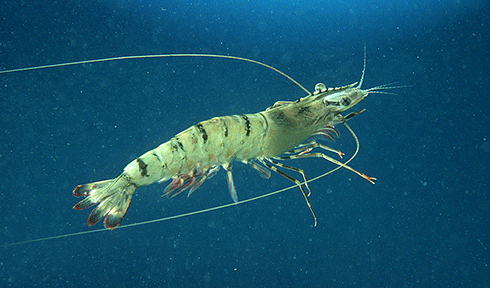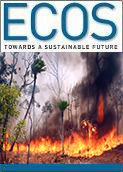
|
Published: 13 October 2014
People should help set marine policy priorities: survey findings
Public opinion should inform policy decisions about the marine environment, according to a study just published in the international journal Proceedings of the National Academy of Sciences (PNAS).
The study, co-authored by Winthrop Professor Carlos Duarte, director of The University of Western Australia's (UWA’s) Oceans Institute, suggests that managerial, scientific and policy priorities should be more responsive to public values.
Based on an online survey of more than 10,000 members of the public, the study examined the public level of understanding and concern regarding marine impacts, their trust in different information sources, and priorities for policy and funding.
It was the first time a study of this nature had been undertaken on such a large scale. Although public sentiment has been explored for environmental problems such as climate change, less attention has been given to the suite of human impacts on marine environments – including overfishing, aquaculture and pollution.
Participants flagged ocean pollution and overfishing as the two most pressing issues facing the world's oceans, saying those were the problems they felt most informed about. They were also highly concerned about ocean acidification.
The study suggested the level of concern was closely related to how informed people felt about a particular issue. The level of concern increased in line with the frequency with which the respondents visited the coast.
The authors said such knowledge, when combined with expert opinion, could help decision-makers prioritise the most manageable marine issues.
The study also showed that without understanding the benefits of behavioural and attitudinal changes, many people could end up feeling overwhelmed and ineffective as individuals.
‘A key lesson from our results is the need to communicate how individual behaviour and lifestyle choices can collectively help improve marine health, as a way to incentivise individuals to take greater personal responsibility for the oceans,’ the authors wrote.
‘The survey shows that public information on ocean issues leads to concern and support for scientific research,’ Professor Duarte added. ‘However, the public tend to receive a distorted image of the state of the ocean, often exaggerating the extent of impacts relative to available evidence.’
Lead author Professor Stefan Gelcich, of the Center of Applied Ecology and Biodiversity at the Pontifical Catholic University of Chile, said scientists must engage in effective communication on ocean issues with the public.
‘Scientists are responsible for delivering robust and rigorous assessments, away from exaggerated headlines,’ Professor Gelcich said. ‘University scientists, the members of the scientific community most trusted by the public, have a particular responsibility for informing the public on ocean issues.’
Source: UWA




